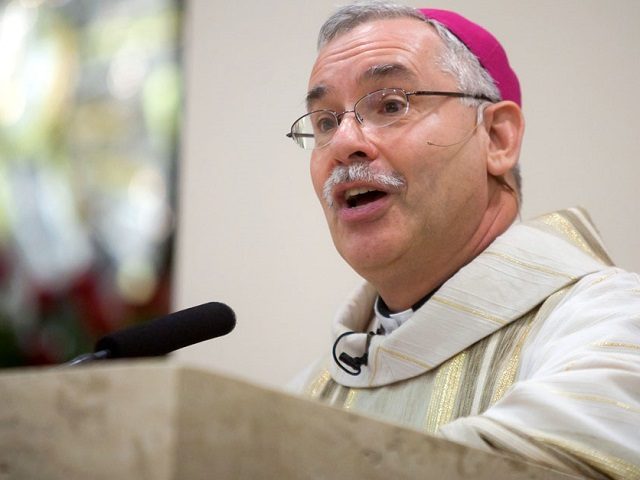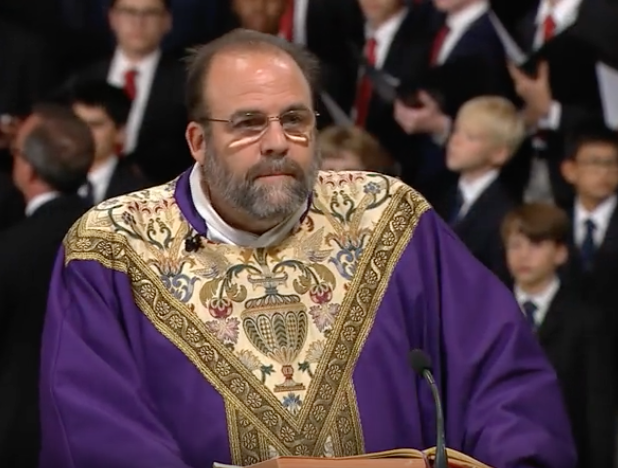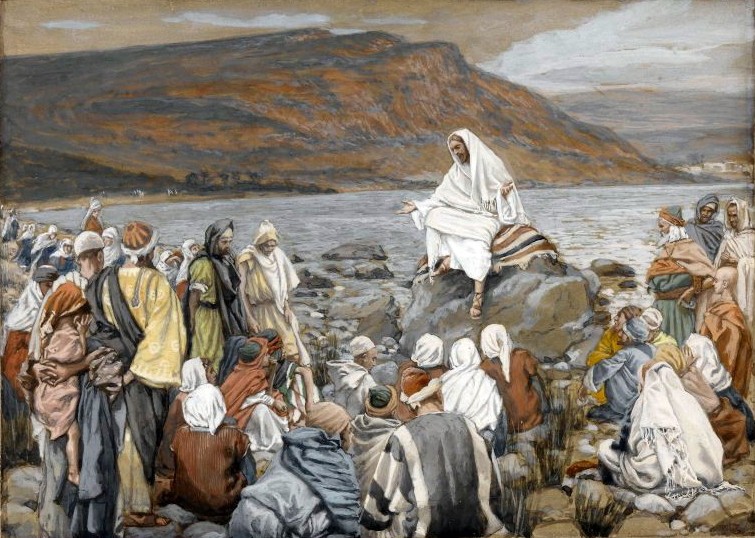In an emblematic show of what’s wrong with the so-called “consistent ethic of life,” Little Rock bishop Anthony B. Taylor boycotted the local March for Life last week in protest of keynote speaker Attorney General Leslie Rutledge’s support of the death penalty.
In a letter to the “people of the Diocese of Little Rock,” Bishop Taylor explained that his diocese had begged for clemency for four death-row inmates convicted of murder but were “opposed at every turn” by Attorney General Rutledge. Bishop Taylor said he refused to attend the March for Life protesting legal abortion when he learned that the Attorney General had been invited to address the March.
In the United States, every 15 minutes more unborn babies are killed by abortion than convicts are executed during the entire year through capital punishment. Last year there were a total of 23 executions in America, compared with nearly a million abortions.
The annual March for Life has been established as a united protest against the grave evil of abortion, imposed across the nation in 1973 by the Roe v. Wade Supreme Court ruling.
In his letter, Bishop Taylor said that not only would he not attend the March, but added that the diocese would also not promote the Rally for Life at the State Capitol this year. “You are certainly still free to participate,” he wrote to Little Rock Catholics.
“I imagine that many of you may choose to go ahead and participate in the march but then skip the rally,” he said.
To justify his boycott of the March for Life, the bishop appealed to the “consistent ethic of life” in which “human life and human dignity must be protected from the first moment of conception to natural death and every stage in between.”
“This means, among other things, that all lives have inherent God-given dignity. Even people who have been sentenced to death possess this dignity, which is why capital punishment must be abolished,” he said.
The Catechism of the Catholic Church states that “no one can under any circumstance claim for himself the right directly to destroy an innocent human being,” adding that abortion “is gravely contrary to the moral law.”
Regarding capital punishment, the Catechism states that “the traditional teaching of the Church does not exclude recourse to the death penalty, if this is the only possible way of effectively defending human lives against the unjust aggressor.”
“If, however, non-lethal means are sufficient to defend and protect people’s safety from the aggressor, authority will limit itself to such means, as these are more in keeping with the concrete conditions of the common good and more in conformity to the dignity of the human person,” the text continues.
Cardinal Joseph Ratzinger – who would eventually become Pope Benedict XVI – wrote in 2004: “Not all moral issues have the same moral weight as abortion and euthanasia,” and contrasted these issues with capital punishment.
“There may be a legitimate diversity of opinion even among Catholics about waging war and applying the death penalty, but not however with regard to abortion and euthanasia,” the future Pope said.
Cardinal Joseph Bernardin, the former archbishop of Chicago, has been credited as the architect of the “consistent ethic of life” moral theory, which treats all social evils affecting human beings as part of a unitary whole rather than addressing them individually.
A consistent ethic of life “joins the humanity of the unborn infant and the humanity of the hungry; it calls for positive legal action to prevent the killing of the unborn or the aged and positive societal action to provide shelter for the homeless and education for the illiterate,” Bernardin wrote in 1984.
By recasting what it means to be “pro-life” to include a series of elements that could not garner unanimous support, purveyors of this approach weakened the Catholic pro-life effort in the United States by splintering the movement into factions.
Those who had been united in their monolithic opposition to the evil of abortion found themselves divided on other issues such as capital punishment, healthcare, welfare, gun control, national defense and the minimum wage.
Although articulated in moral terms, Cardinal Bernardin’s theory was essentially political. He was a Democrat at a time when his party had moved to embrace abortion on demand, while then-President Ronald Reagan had adopted an uncompromising pro-life stance in defense of the unborn. Only by broadening the definition of what it meant to be “pro-life” could Bernardin defend the Democratic platform as a viable moral option for conscientious Catholics.
It was no coincidence that Cardinal Bernardin published The Seamless Garment in the same year (1984) that President Ronald Reagan proclaimed January 22 as “National Sanctity of Human Life Day” in opposition to Roe v. Wade.
In his presidential proclamation, Reagan wrote that since 1973, “more than 15 million unborn children have died in legalized abortions — a tragedy of stunning dimensions that stands in sad contrast to our belief that each life is sacred.”
As Archbishop Joseph Naumann, chairman of the U.S. Bishops’ Committee on Pro-Life Activities, recently stated, abortion is the great “moral crisis of our time,” overshadowing immigration, health care, and capital punishment.
While many other moral issues merit attention from the bishops, Naumann said, it would be a mistake to treat them as if they had the same weight, noting that the “vast majority of bishops” understand that abortion is the preeminent moral crisis of our time.
Unfortunately, they didn’t get the memo in Little Rock.
___________
http://www.breitbart.com/big-government/2018/01/22/bishop-boycotts-march-for-life-to-protest-pro-capital-punishment-atty-general/
Screen shot







